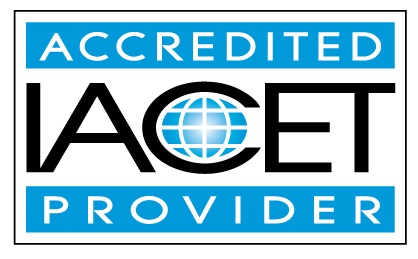Description
The RESNA position paper (2009) concludes that “seat elevators are often medically necessary for wheelchair users by enabling them to reach, improving MRADL abilities, facilitating or enabling transfers, providing peer height at different ages, enhancing independence and productivity, and delaying or preventing pain and secondary complications of the upper extremities [and neck]. A review of literature on research conducted after this position was taken supports RESNA’s original position. A limitation in this assertion is much of the literature lacks randomized, controlled trials and other high-level scientific studies and some studies used individuals without disabilities to draw their conclusions.
Learning Outcomes:
1. The participant will be able to identify 3 reasons why traditional Medicare does not currently consider a PASH system for coverage and reimbursement.
2. The participant will be able to cite two ways in which a power adjustable seat height system may facilitate safer and/or independent transfers.
3. The participant will be able to list a minimum of 5 activities of daily living that may be accomplished from the seated position without requiring overhead reach when using a power adjustable seat height system.
4. The participant will be able to identify 1 additional medical benefit of using a power adjustable seat height system that supports the medical efficacy of the feature.
Julie served on the RESNA Board of Directors, currently serves on the Professional Standards Board and is an active participant in the Wheeled Mobility and Seating SIG and the PT PSG. She is a Friend of NRRTS, member of the AAHomecare Complex Rehab and Mobility Council, the APTA and the Clinician Task Force. She serves on the NCART Medicaid Committee, the DMEMAC Advisory Councils, the board of several State Associations and the Mobility Management Editorial Board. Julie is a highly proactive industry resource on legislative and regulatory issues that impact the complex rehab industry.


